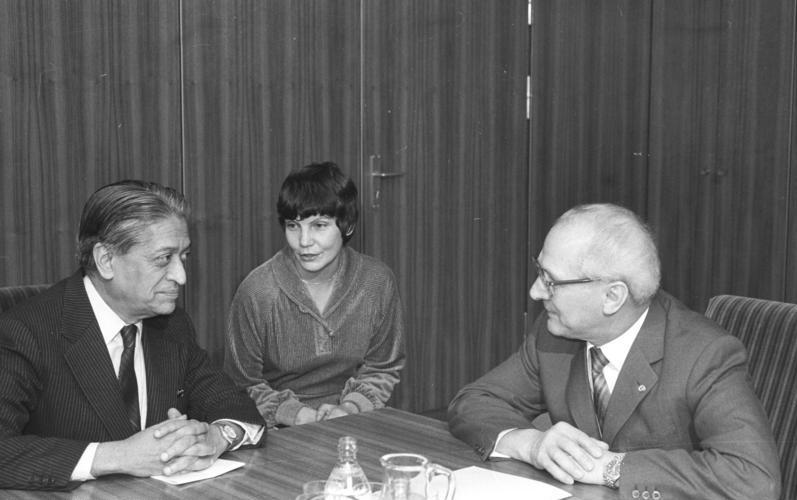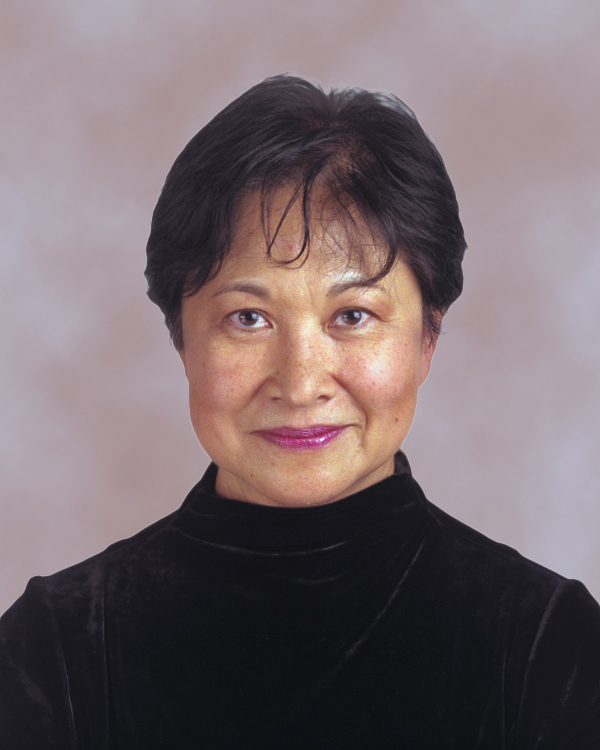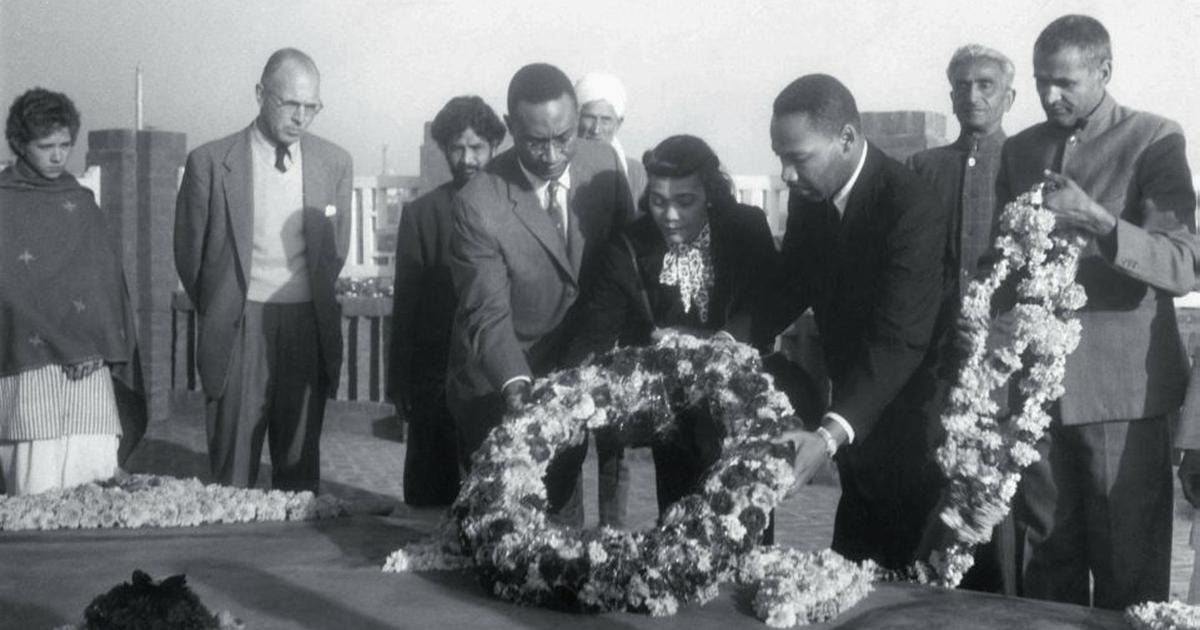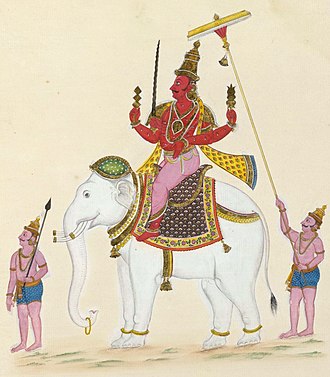The Role of Indian Americans in World Peace

I recently attended an online presentation put on by the Committee for the Friendship of Indian and Chinese people, the presentation titled “India and China: A Shared Destiny for Humanity.” That is a reference to Martin Luther King’s assertion that all people are tied into a “single garment of destiny.” This powerful metaphor of King’s accurately captures the vast past relations between the Indian and Chinese civilizations, which have largely been peaceful and mutually nourishing up until colonial powers sowed animosities and outright violence between them. The presentation itself was an act of resistance, a means to restore precolonial camaraderie by explicitly intertwining the struggles of Asian humanity.
During the question-and-answer portion, someone asked one of the presenters “what is the role of Asians in the West?” The answer the presenter gave still lingers in my mind. He said that when us Asians immigrate to the West, we become representatives of the East for curious Westerners who frequently wonder about the mystical Orient. In my opinion, there isn’t anything inherently nefarious about this. I mean, we are Asian, and people are curious. I, however, don’t really know much about the land that my ancestors lived off of since time immemorial. I am currently in a process of learning more, especially regarding the Indian Independence Movement, but I am nowhere near establishing a base of knowledge.
What I do know about, however, is the West. I was born here, I grew up here and will indefinitely reside here. Considering that, why is my role as a representative of the West, of America, not clear? Let’s state the obvious. Only white Americans are considered the “real” representatives of America, the red-blooded Americans. I, however, am an American as much as them, so as an American, what is my responsibility to the world? That is a loaded question since America asking itself what its responsibility to the world has resulted in catastrophe all over the globe. But this is where the fact that I am “Indian American” comes into play. I am not only American, but am a descendant of the global South, the Third World, if you will. It is a unique perspective, and as such, a unique role. The trouble my generation is embroiled in is exploring what that role is.
Whenever I go to India, my relatives do not ask me or my sister about our lives in America. We mainly just sit there as ornaments while they converse with my parents about what America is like. It is no secret that when that question comes up, praises abound of the country. Well, not the country, but the success that is possible within the country, the quality of life won for themselves and the opportunities available to their children. Nothing is said about the intense poverty and imperial rot that characterizes the ‘other’ America that Dr. King speaks of, because we live in the America advertised to India. The visible America. I have previously written about how opportunities for the original Indian migrants to America, our parents and elders, were limited to largely STEM and IT careers.
We have more opportunities, however, we are limited in many ways too. We choose opportunities that will make our parents proud. Even when we enter careers that are nominally for “social justice,” they are ensconced within comfort and prestige. Rarely do we enter careers that have us working directly with poor and working people, and I don’t mean “working” in a false paternalistic and colonial sense, but genuinely working together as equal beings. So, even when we are asked about America in India, rare as it is, what do we say? Would we speak of how America isn’t what they think, or the prestigious university we are getting our degree from? Or maybe the prestigious job we just landed? I am willing to bet my reader knows the answer.
Our clinging to the privileged America gives us a skewed view of the nation. It is true in one sense, but deeper truth lies with the oppressed as WEB Du Bois said, and it is with them that we will uncover it. As we uncover this truth, we will uncover our role as not only people of the West, but Asian people of the West, who play a pivotal role in establishing amity between East and West. The event itself was about unity between India and China, but the global unity of all oppressed people encompasses that unit. To achieve this ultimate goal, it is our role to speak up and speak out against the powers-that-be in the West, to anyone who is willing to listen but especially to our Indian counterparts who want to learn about the West. It’s time we told them and, in doing so, expose the farce of Western elites and unite alongside the colored masses, the majority of the world, in the struggle for world peace. To do this, we must first learn about America. The other America that King talks about. This requires reconfiguring our priorities.
The ongoing “struggle” of South Asians in the West bleating about how they are not included in the “Asian American” umbrella must be outed as an elite concern. It is one grounded in the fact that Indian Americans are not organically connected with the working people of this nation, so we must settle for a fight within the confines of elite academic circles. By fighting to be designated as an American minority, we forfeit our spiritual connection to India, the second most populous country in the world (second to China), let alone the entire Third World that is home to the colored masses of Asia, Africa and Latin America, who are, as I said, the world’s majority. I am not only reading Du Bois, Baldwin and Martin Luther King Jr. to learn the truth about America, I will soon be working with Afghan refugee youth, who are well aware of the violence wrought by the American empire and know truths that I can’t even begin to comprehend. Those three stalwarts of the Black Liberation Movement and the youth I will soon be working with are my teachers, and engaging with them will substantiate the greater portion of my role and duty as a person of both the First and Third Worlds.
There is one more concrete thing that I hope to do. I don’t seriously think telling our aunties and uncles in India about the imperial oppression of the West is productive. In that context, maybe mouthing niceties is just fine. Alternatively, I intend to seek out a progressive Indian pen pal and comrade that also dream of world peace through unity. Maybe there’s already one in my family, I’ll have to explore. If not, I will find someone on my own. I will learn from them, and they from me. We will tie our struggles to one another, thus modeling the relationships necessary to sustain global struggle together.
Becoming “Asian American,” I must say, is no longer an objective I consider viable or pressing, so I partially renounce it. Not completely, because it is a truth that Asian-looking people in the United States are racialized in a similar way and we can learn from each other in that regard, but there is a higher project that I am concerning myself with for now. “Indian American” is what I am, and it is time we start realizing the power of that identity beyond its utility in American identity politics. It is a conduit through which I ally myself with the Indian and American downtrodden and, as such, work towards a world where war and poverty is a thing of the past, and the precolonial past characteristic of Third World civilizational unity is a thing of the future. Since the twentieth century has been deemed the “Asian century,” this is truly a potential reality, and we must do everything in our power to works toward it. In my mind, this is the role my fellow Indian Americans play in creating that future. To remind my reader of what King said, we are bound in a single garment of destiny, and the sooner Indian Americans, especially young Indian Americans realize it, the better.
EducationArticles from Nethan Reddy
View blog
How Do We Teach Moral Brilliance · Nethan Reddy and Nadinne Cruz · October 2, 2022 · Here is my (Net ...

Context for the context: This blurb will become clearer when you read the ‘context’ one before the s ...

"[Unity Reed High School] (URHS) in Manassas graduated its class of 2014 Wednesday evening at Jiffy ...
You may be interested in these jobs
-

Professional painters to remove textured paint in a single-family home
Found in: Handyman CS US - 4 days ago
Direct apply
beBee Handyman Mazie, OK, United States FreelanceWe need to move the furniture and the house is currently occupied in Mazie, OK. · How many total rooms need to have the textured paint removed? · 3 rooms · Where is the textured paint needed to be removed? · Hallway(s), bedrooms, living room and/or dining room, kitchen · Type of ...
-

Paint facade
Found in: Handyman CS US - 4 days ago
Direct apply
beBee Handyman North Liberty, IN, United States FreelanceI am in need of a service to paint the facade with the following characteristics in North Liberty, IN:What do you need to paint? · Facade · How many rooms will be painted? · Facade · Type of property · Single-family home · Approximate total surface to be painted · Between 50 and ...
-

Massage therapists for full body relaxation or anti-stress massage
Found in: Handyman CS US - 4 days ago
Direct apply
beBee Handyman Enosburg Falls, VT, United States FreelanceI am in need of a Massage Therapist with the following characteristics in Enosburg Falls, VT:How many people will be receiving the massage? · 1 person · Type of desired massage · Relaxation or stress relief (Swedish) · Body part(s) to be treated · Full body (arms, legs, torso, et ...
Comments